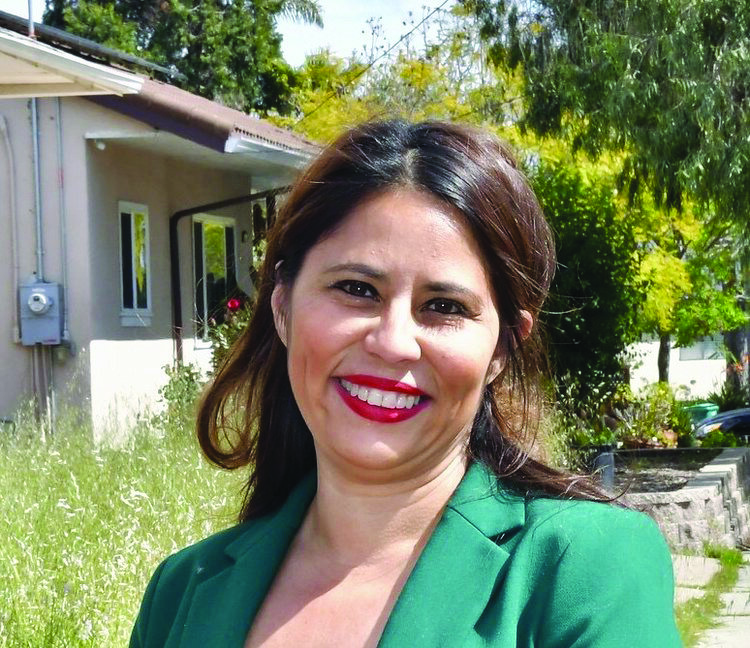Remembering César Chávez
On March 31, Castro Valley has the opportunity to celebrate the life of civil rights icon César Estrada Chávez and reflect on his legacy as a champion of nonviolent social change and a crusader for workers' rights.
Raised by migrant farmworkers and working in the fields as a young teenager, Chávez witnessed firsthand the injustices and discrimination that workers faced at the hands of farm owners. Determined to make a change, Chávez dedicated his life to "la causa" or "the cause" of improving farmworkers' treatment and working conditions by organizing contracts with their employers. He co-founded the National Farmworkers Association (NFWA) in 1962 with Dolores Huerta and later merged with the Agricultural Workers Organizing Committee (AWOC) to become the United Farm Workers of America (UFW), which continues to operate today actively.
Chávez drew national attention to workers' unlivable wages and inhumane working conditions through boycotts, strikes, and more. He inspired millions across the country to organize and expand worker opportunities. One such person is Assemblymember Liz Ortega, a longtime labor leader, and activist representing the 20th California Assembly District. Coming from a hardworking immigrant family, her experiences growing up and seeing her parents struggle against workplace injustices while striving for the American dream shaped the values that guide her today.
Serving as the current Assemblymember and previously as the first Latina Executive Secretary-Treasurer in the Alameda Labor Council, an umbrella group for more than 100 Bay Area unions, Ortega knows the struggles that plague workers in District 20 and beyond. She is a leader in the fight for equitable minimum wage for workers as the cost of living continues to skyrocket and recognizes that one of the main struggles for workers is being seen and heard.
Ortega relates this to Chávez's experiences, stating that his legacy still lives with today's people.
"To Chávez, it was never about himself or the grapes. It was about the people: organizing them to change lives and make a difference," Ortega told the Forum. "For me, it is about being a voice and a face to the struggle and bringing it inside the halls to fight for the workers."
One way Ortega uses her voice to uplift the youth is by partnering with the California Labor Federation to introduce AB 800, a bill that will educate high school students about workers' rights on the job. Entering the workforce at age 14 herself, Ortega knows how important it is for young adults to go in with the tools and knowledge to advocate for themselves.
"Kids learn about social studies in school but not about their own rights on the job or what to do when they work in dangerous conditions and get injured," Ortega says.
Her bill will ensure that kids all over California know about their rights to a fair wage, a safe workplace, and the importance of unions, something that Chávez also educated people on. Both then and now, it takes unions to rectify the economic injustices that workers still face at the workplace.
Cesar Chávez showed the world that with a strong vision and an unwavering fight for social justice, a movement could become a legacy. However, while most people only take César Chávez Day as an invitation to learn about the ongoing movement for worker rights, Ortega encourages the people of Castro Valley to be empowered and find their voices at any time.
"Social justice is not just one day. It should be every day," she stresses. "It could be recognizing laborers to knowing your rights before entering the workforce. Don't ever let the word 'no' stop you."

